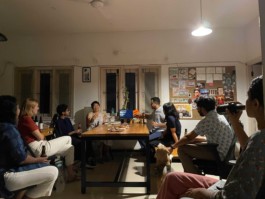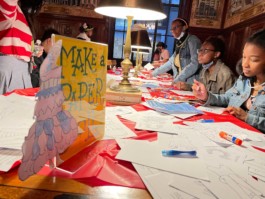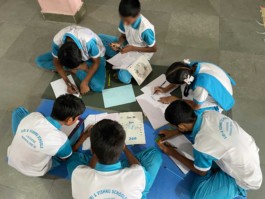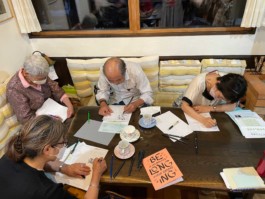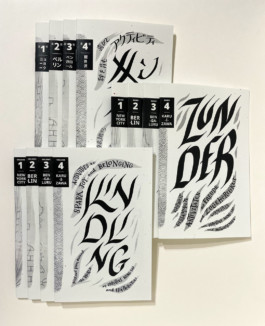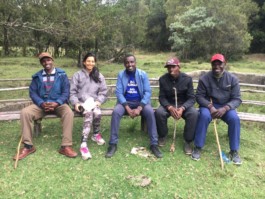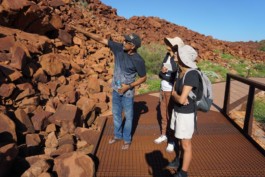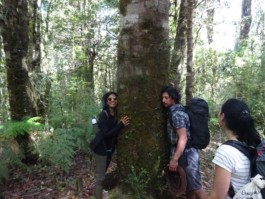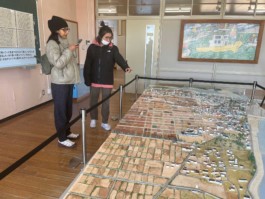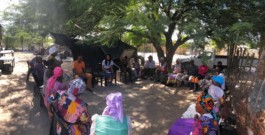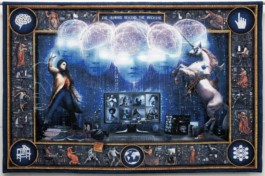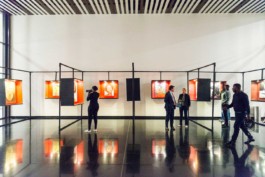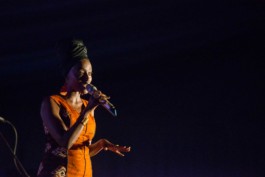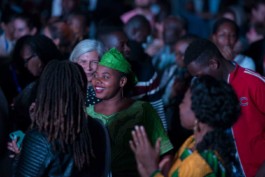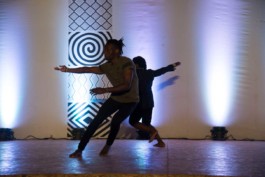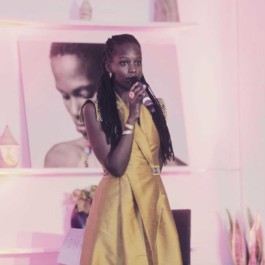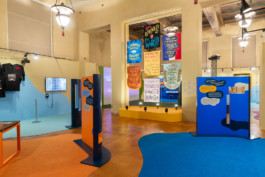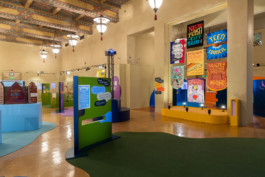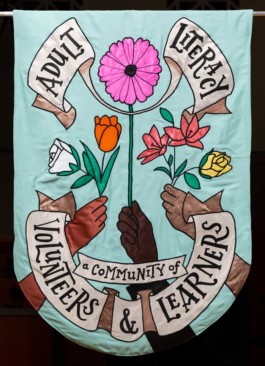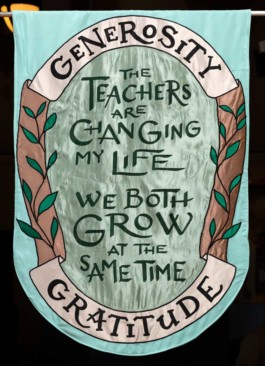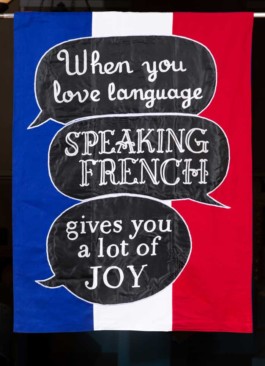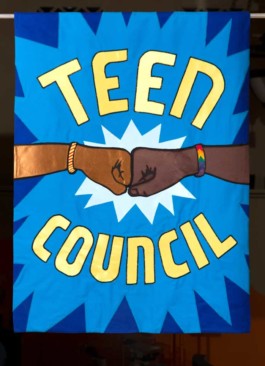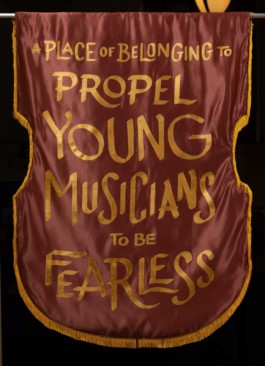Beyond the four cities, Mindscapes developed further relations that center hyper-local conversations about mental health and wellbeing that have global relevance. These include a crowd-sourced documentary, newly produced writing and zines, and artworks.
Beyond the four cities, Mindscapes developed further relations that center hyper-local conversations about mental health and wellbeing that have global relevance. These include a crowd-sourced documentary, newly produced writing and zines, and artworks.
As artist-in-residence at large, Christine engaged local teens in New York, library patrons in Berlin, senior citizens outside of Tokyo and teenagers in Bengaluru to develop activity sheets which reflected their areas of interest and perspectives on belonging. Activities were compiled into a zine called Kindling: Activities to Spark Joy and Belonging Gathered from Around the World.
→ More info about Kindling and downloadable sample activities
An Atlas of Mental Health
As Mindscapes Writer-in-Residence, Priya Basil was invited to imagine writing An Atlas of Mental Health. She traveled to Kenya, Rwanda, Namibia, Chile, Japan, New Zealand and Australia; the journey opened astonishing vistas on trees, on biomedical and traditional approaches to mental health, on herself. Her encounters are now taking shape in a book, a cartography of wellbeing, of landscapes inner and outer, connecting mind and body and more.
I see it, so you don’t have to
As part of her Mindscapes residency, Cecilie Waagner Falkenstrøm developed a wall hanging, woven on a traditional Jacquard Loom, shedding light on the harsh work conditions faced by underpaid micro-workers labouring in the data and content moderation sector of the AI industry.
The success of the world's largest corporations rests on artificial intelligence (AI), often praised as “self-learning” and “super intelligent”. However, the reality is different, as thousands of underpaid micro workers worldwide slave away to assemble data and moderate content that feeds the AI algorithms. Hidden behind screens and algorithmic processes, the humans behind the machine endure poor work conditions, time pressure and automation processes created with the sole purpose of optimising machine performance. Consequently, they suffer from stress, anxiety, and depression, their struggles masked by the guise of technological advancement.
The artist has worked closely with content moderators who shared their lived experiences of work-related mental health issues. The artwork sheds light on the invisible labour force propelling the wheels of tech capitalism, as an embodiment of their voices’ stories.
Thanks to the content moderators who shared their lived experiences. And a special thanks to Selena Scola for her collaborative contribution.
2023–ongoing
(in production)
I Hope This Helps is a new crowd-sourced film project which will tell the real-life story of our collective mental health. The award-winning team behind Life in a Day—the largest mass-participation feature film in history—are asking people around the world to pick up their phones and cameras, and document the realities of their mental health journeys. By asking people to come together to share these intimate acts of honesty, the film hopes to bring this issue to life in ways that have never yet been seen on screen.
Leading mental health organisations including United for Global Mental Health are supporting the project, and more than 100 grassroots organisations are actively involved in the search for contributors, reaching local communities all over the world.
Mindscapes Summit
Gathering, 20th – 25nd April 2023, Bengaluru
To mark the culmination of the Mindscapes programme globally, the Mindscapes International Summit was held across venues in Bengaluru on the 20th – 22nd April 2023. For the summit, a delegation of 35 persons from London, New York, Berlin, Tokyo, San Francisco, and Los Angeles travelled to India—including senior staff from Wellcome Trust, artists, curatorial research fellows, as well as scientists and researchers working on mental health. The central question of the summit consisted in asking—how can cultural work become a lever for transformative conversations on mental health research and policy?
The programme consisted of closed-door meetings and workshops for the delegation to collectively reflect on the work that was undertaken through Mindscapes globally as well as engage deeply with the project outcomes of the Bengaluru cohort. Additionally, there were public events organised each day to celebrate Mindscapes and conversations that bring together cultural work, scientific research, and policy influencing. The three-day summit was followed by two reflection days (24, 25 April) for debriefing among the delegation and charting next steps.

Credits photographs: Quicksand/Unbox Festival
2019-2021
Hamwe Festival was launched in 2019 as a unique platform to celebrate and encourage the contributions of cultural sectors in the global health field, and generate new insights into global wellbeing. Three editions of the festival took place in Kigali, Rwanda and online. Mindscapes partnered on the 2020 and 2021 festivals. More than 31,000 participants from 54 countries gathered. Hamwe proposed programming and content that advanced ideas and creations discussing issues inhabiting Africa’s present and past, such as the social determinants of mental health, colonial legacies in global health systems, access and acceptance of services, hierarchies of knowledge, and the immense loss engendered by the absence of conservation of traditional health practices. Hamwe Festival was successful in creating an international exchange platform and incubating new perspectives about health and equity. It also led to film production, international exhibitions and knowledge sharing across sectors, geographies, professions, and generations.
The Hamwe festival was created and directed by Injonge Karangwa. Injonge Karangwa is a global health researcher and with experience implementing large international global health delivery programmes on the African continent. She created the Hamwe Festival in 2019 to explore the contributions of cultural sectors to the health of populations.
Created by poet Koleka Putuma and illustrator Ivyy Chen, this animation beautifully captures young people’s approach to dealing with the challenges of Covid-19 lockdowns.
Shared Garden by Ivyy Chen highlights Mindscapes’ four key partner cities: New York (top left), Berlin (top right), Tokyo (bottom left) and Bengaluru (bottom right). The different shades reflect the different time zones that Mindscapes worked with. Ivyy’s illustration was informed by detailed conversations she has had with the Mindscapes community.
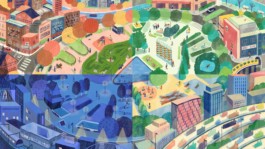
Shared Garden. Illustration: Ivyy Chen
by Varun Kurtkoti
A collaboration among workers in India showed the power of making and discussing films for sharing life’s inner challenges.
A sanitation worker dreams of becoming a lawyer to fight for workers’ rights. A mother imagines sharing her secrets with her child. A woman practises for a difficult conversation. This is the story of Kathi, Kathi, Kaarana, a yet-to-be-released short film narrated and produced by workers from the city of Bangalore and their families. But I’d like to share the story behind this story: one about four working-class families who dreamed of making films and attended a film school to collectively learn, create, and take care of each other.

Illustration: Ivyy Chen
Writing • Reasons to be cheerful / The Great Recovery
The series “The Great Recovery. Stories about the new ideas and approaches improving our mental health systems”, commissioned by Mindscapes, examined how a surge in innovation, outreach, access and attention to equity is improving our mental health systems.
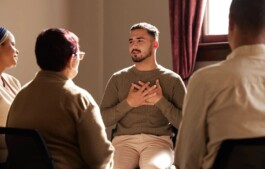
Image credit: Shuttershock
by Satsuki Ayayais and Junko Kitanaka
This radical movement makes space for people with mental health and other challenges to study (and celebrate) themselves.
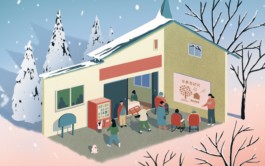
Illustration: Ivyy Chen
by Priya Basil
When Priya Basil returned to Kenya, where she grew up, she found biomedicine and traditional medicine in conversation about mental health.
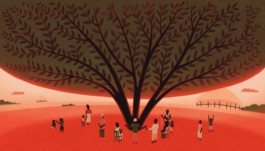
Illustration: Ivyy Chen
by Arjun Kapoor and Jasmine Kalha
Training individuals to support one another through difficult times is a profound step forward in our mental health crisis.
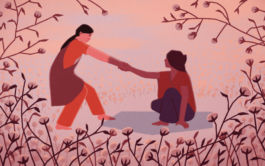
Drawing by Ivvy Chen
by Christine Wong Yap
7 May – 6 November 2022, Los Angeles Public Library
In newly commissioned works, artist Christine Wong Yap sought to highlight the sense of belonging that many patrons of the Los Angeles Public Library get from their participation in library-based clubs and regular programs, both online and in person. Seven original banners represented groups or communities that meet at a library branch, with the name of the group on the front and a representative quote from a participant on the back.
Celebrated for her work in social practice and positive psychology, Bay Area-based artist Christine Wong Yap is known for deeply felt and thought-provoking textiles, publications, flags, billboards, and prints that utilise calligraphy and inclusive design to explore ideas around belonging and its relationship to mental health and wellbeing. Here, Yap brings the experiences of library-based communities to light, allowing space for reflection on the intangible benefits of being part of a community.
Belonging at the Los Angeles Public Library was first exhibited in Something in Common at the Los Angeles Public Library, Central Library, Getty Gallery from May 7 to November 6, 2022. Something in Common was curated by Todd Lerew, Director of Special Projects at the Library Foundation of Los Angeles.
by Rebecca Hayes Jacobs
Water is a great healer. Can New York’s public pools and ‘blue spaces’ be engineered for collective hydrotherapy? Access to pools, beaches, and other blue spaces should be a right, in 21st-century cities.
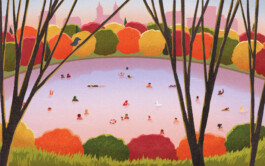
Illustration by Ivvy Chen
